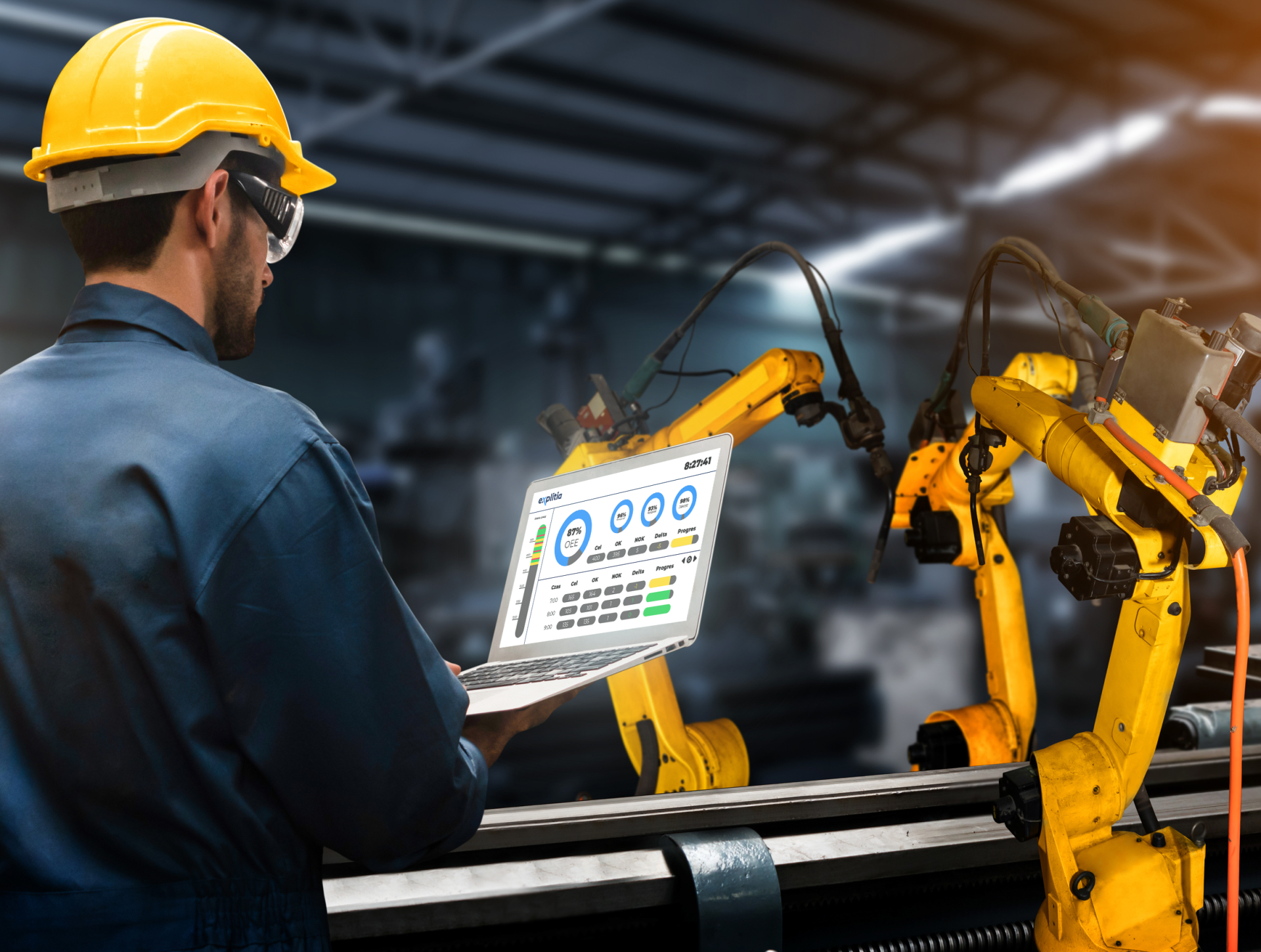Industry 4.0, also known as the fourth industrial revolution, encompasses a broad array of technologies that pave the way for organizations to embark on a new phase of dynamic growth. What benefits does Industry 4.0 offer to the automotive sector? How do the chemical and food production industries leverage these opportunities? We invite you to explore this topic further in our article.
Understanding Industry 4.0
Industry 4.0 represents not just a technological revolution but also a paradigm shift in industrial operations. The integration of IT systems with machinery and devices enables seamless communication in real-time, facilitating rapid adaptation to evolving production demands and conditions. This revolution unlocks myriad opportunities, including enhanced efficiency and safety, reduced waste, and optimized raw material utilization.
Automation within Industry 4.0
A key advantage of the Industry 4.0 framework is its flexibility in implementing various technologies to tailor production processes more closely to specific business objectives. This adaptability is crucial, irrespective of an enterprise’s current automation level, as there is always technology available to boost the efficiency of existing processes. The extent of new technology adoption largely depends on the company’s position within the global value chain and the significance of its production cycle.
In Poland, numerous automotive industry factories, particularly those at the Tier 2-Tier 3 level, confront the challenge of limited budgets for innovation. Nonetheless, the primary incentive to pursue Industry 4.0-based projects often stems from the promise of a rapid return on investment. Consultants assisting with these projects frequently identify clear opportunities to optimize production cycle times. Saving even a single second can significantly impact production, whether in manufacturing a car worth tens of thousands of euros or producing air filter packaging.
It’s noteworthy that many studies highlight a growing trend towards prioritizing projects that support data collection and analysis. This shift is partly driven by the increasing standardization of automation, such as traceability, and the recognition of the drawbacks associated with the lack of access to real-time production data. In today’s globalized environment, remote factory management is becoming more prevalent, necessitating robust IT systems.
Revolutionizing the Automotive Industry with Industry 4.0
The automotive manufacturing sector is a pivotal area for new technology implementation, driven by two main factors:
- The critical value of time in the production process
In automotive manufacturing, every second counts due to the need to synchronize numerous components to maintain efficiency and timeliness. The “just in time” principle demands precise coordination among various plants and flawless communication between production systems. Industry 4.0 technologies, enabling real-time process monitoring and management, significantly enhance efficiency.
- The challenge of globalization and multi-stakeholder collaboration
Automotive production often involves a complex, globally dispersed structure with components sourced from multiple companies worldwide. Ensuring seamless synchronization and real-time control of these processes is essential. Industry 4.0 technologies offer comprehensive monitoring and management capabilities, ensuring visibility and control over the entire supply chain.
Industry 4.0 in the Chemical and Food Sectors
For the chemical and food industries, the adoption of Industry 4.0 initiatives is becoming increasingly imperative. In these sectors, products often flow through pipelines, necessitating a high degree of automation. IT systems play a crucial role in providing complete oversight of ongoing production processes. Such in-depth insights also facilitate the introduction of new technologies and continuous production optimization.
Case study from explitia
Explitia has spearheaded numerous projects aligning with Industry 4.0 requirements. One notable example is the implementation of a traceability system in an automotive company, enabling the collection of extensive data on the manufacturing process.
This system not only allows for precise process control but also helps prevent potential errors, such as the use of defective parts. As a result, it enhances security and peace of mind.
Furthermore, freeing employees from the responsibility of manual report generation has led to potential efficiency gains and improved real-time communication across various organizational levels.
Contact us
Do you want to move your production plant to level 4.0? Are you interested in modern solutions for industry in the field of automation and digitisation? Be sure to let us know!


